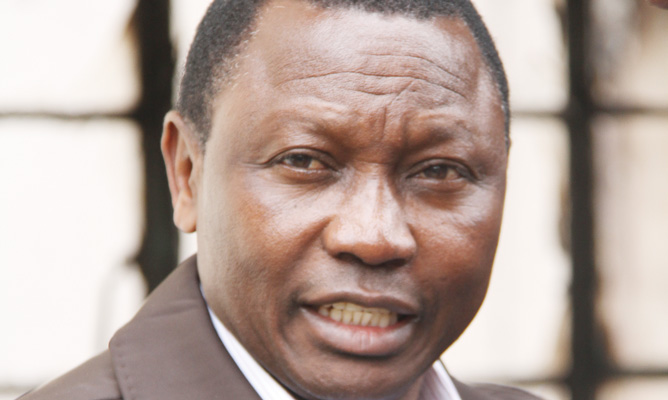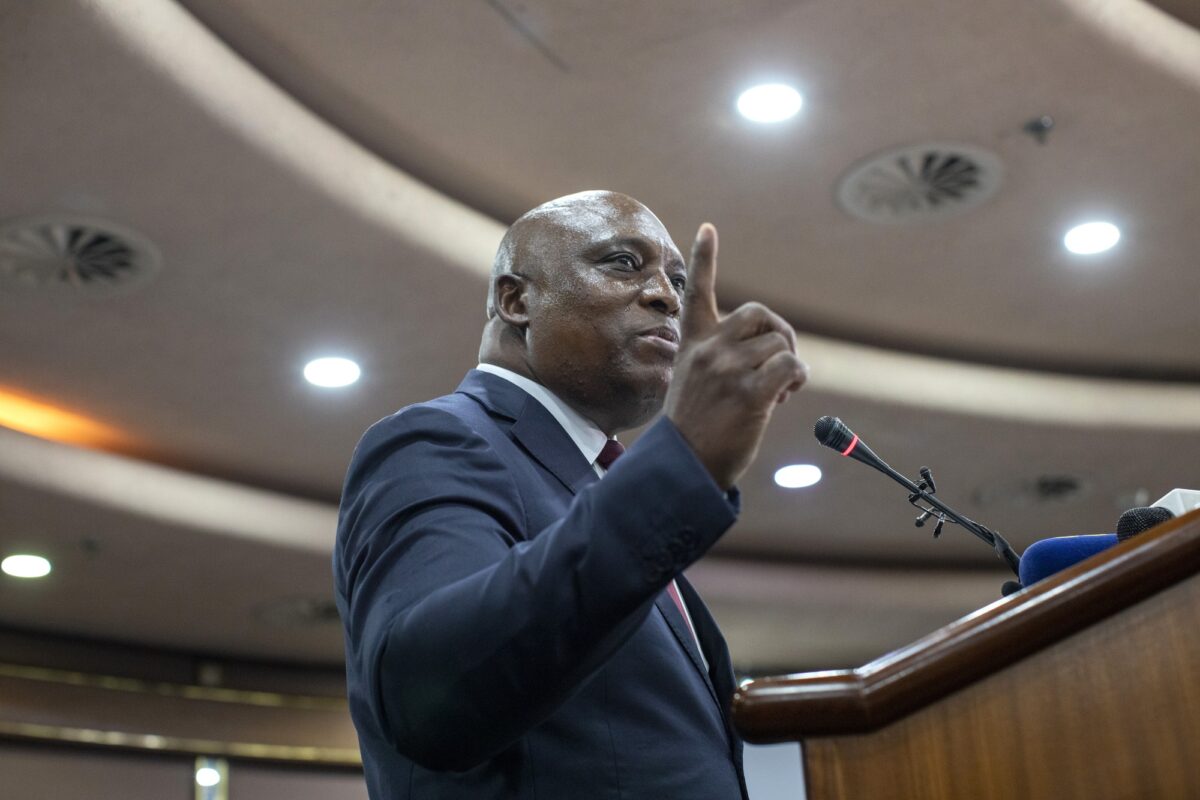HARARE – The United States has lifted personal sanctions on former Zanu PF Mashonaland East chairman and businessman, Ray Kaukonde.
The 57-year-old was subject to a travel ban as well as an asset freeze order along with nearly a hundred Zanu PF and military leaders.
In an announcement on Wednesday, the United States Department of the Treasury’s Office of Foreign Assets Control (OFAC) announced it was delisting Kaukonde along with three other deceased individuals – former Masvingo minister Shuvai Ben Mahofa, former Matabeleland North minister Sithokozile Mathuthu and former Deputy Senate President Naison Khutshwekhaya Ndlovu.
“Removing previously designated persons from OFAC’s Specially Designated Nationals and Blocked Persons List demonstrates that sanctions do not need to be permanent, and that targeted sanctions reflect realities on the ground in Zimbabwe,” the United States Department of State said in a statement.
It was also announced on Wednesday that Zimbabwe’s ambassador to Tanzania Anselem Sanyatwe and State Security Minister Owen Ncube had been designated by OFAC for their involvement in human rights abuses including directing an attack on peaceful demonstrators and political opponents.
“Political and military leaders in Zimbabwe have repeatedly used violence to silence political dissent and peaceful protests,” said Deputy Secretary of the Treasury Justin G. Muzinich. “The Trump Administration will hold accountable corrupt Zimbabwean elites for their repressive and violent rule.”
Sanyatwe commanded a brigade that fired live ammunition to disperse protesters after disputed elections in July 2018, resulting in the deaths of at least six individuals and many more injured.
Ncube, in his role as the minister of state security, is accused of ordering security services to identify, abduct, and mistreat individuals assessed to be opposition supporters.
“In addition, while in his position, the government of Zimbabwe has at times used so-called ‘ferret teams’ to abduct and beat individuals deemed to be a threat to the ruling Zimbabwe African National Union-Patriotic Front,” the OFAC added.
The OFAC said since March 2003, it had used its powers to “identify, disrupt the activities of, and hold accountable persons who commit human rights abuses, engage in corruption, or undermine democratic processes or institutions in Zimbabwe.”
It added: “Treasury joins the Department of State in urging the Zimbabwean government to take meaningful steps towards creating a peaceful, prosperous, and politically vibrant Zimbabwe, rather than using public resources to blame Zimbabwe’s ills on parties other than its corrupt elite and the institutions they abuse for their personal benefit.
“Today’s actions demonstrate the importance of Treasury’s Zimbabwe authorities and U.S. commitment to support their viability.”















